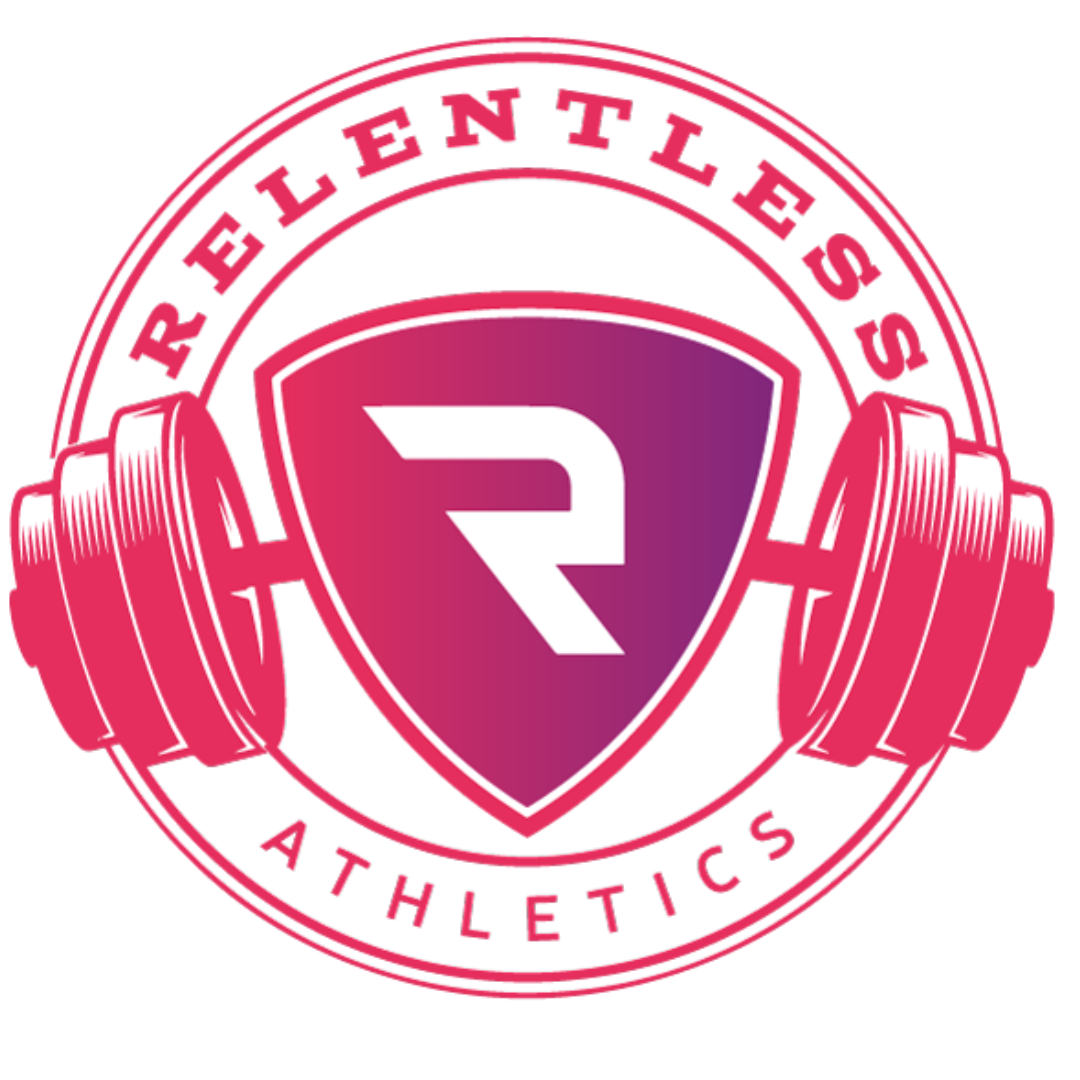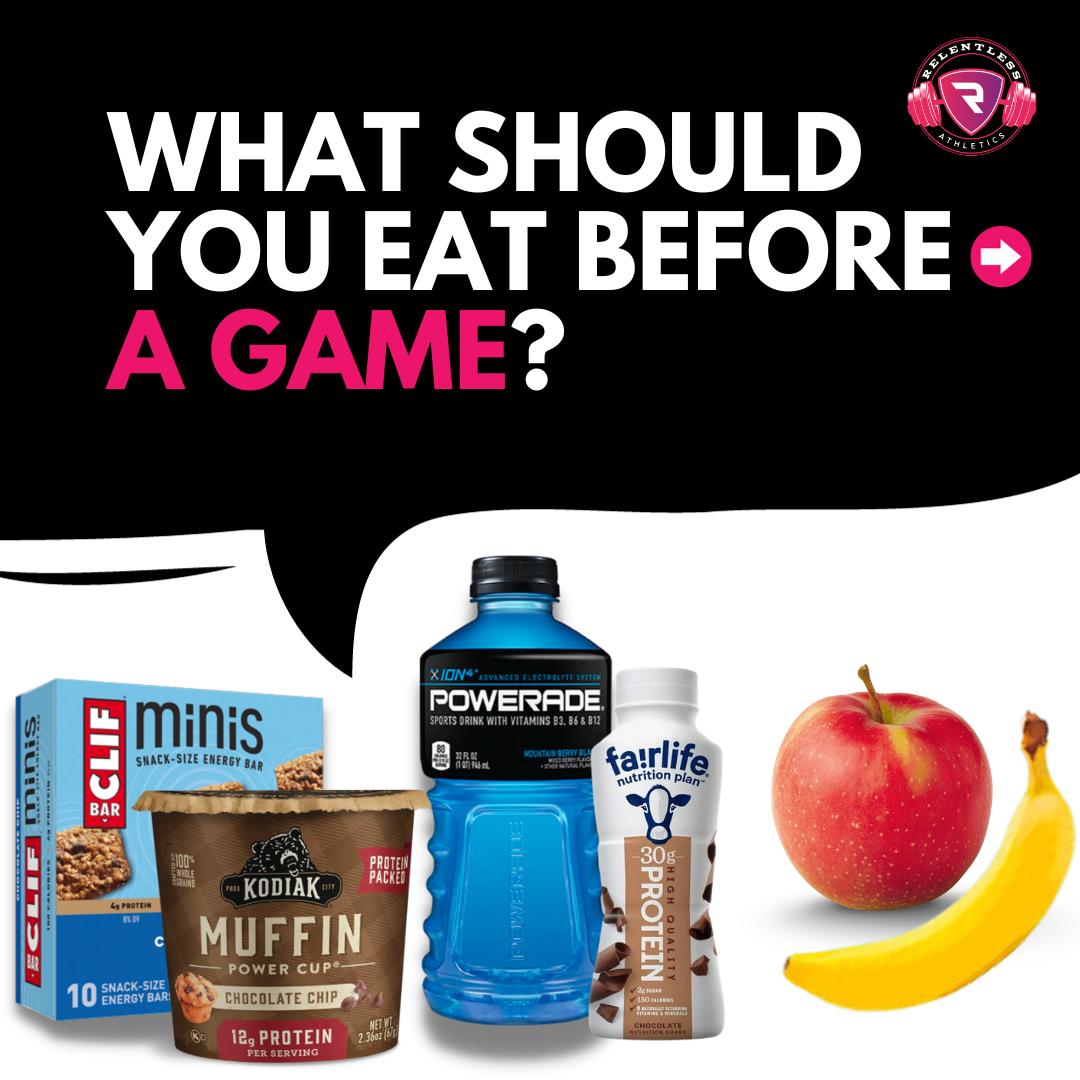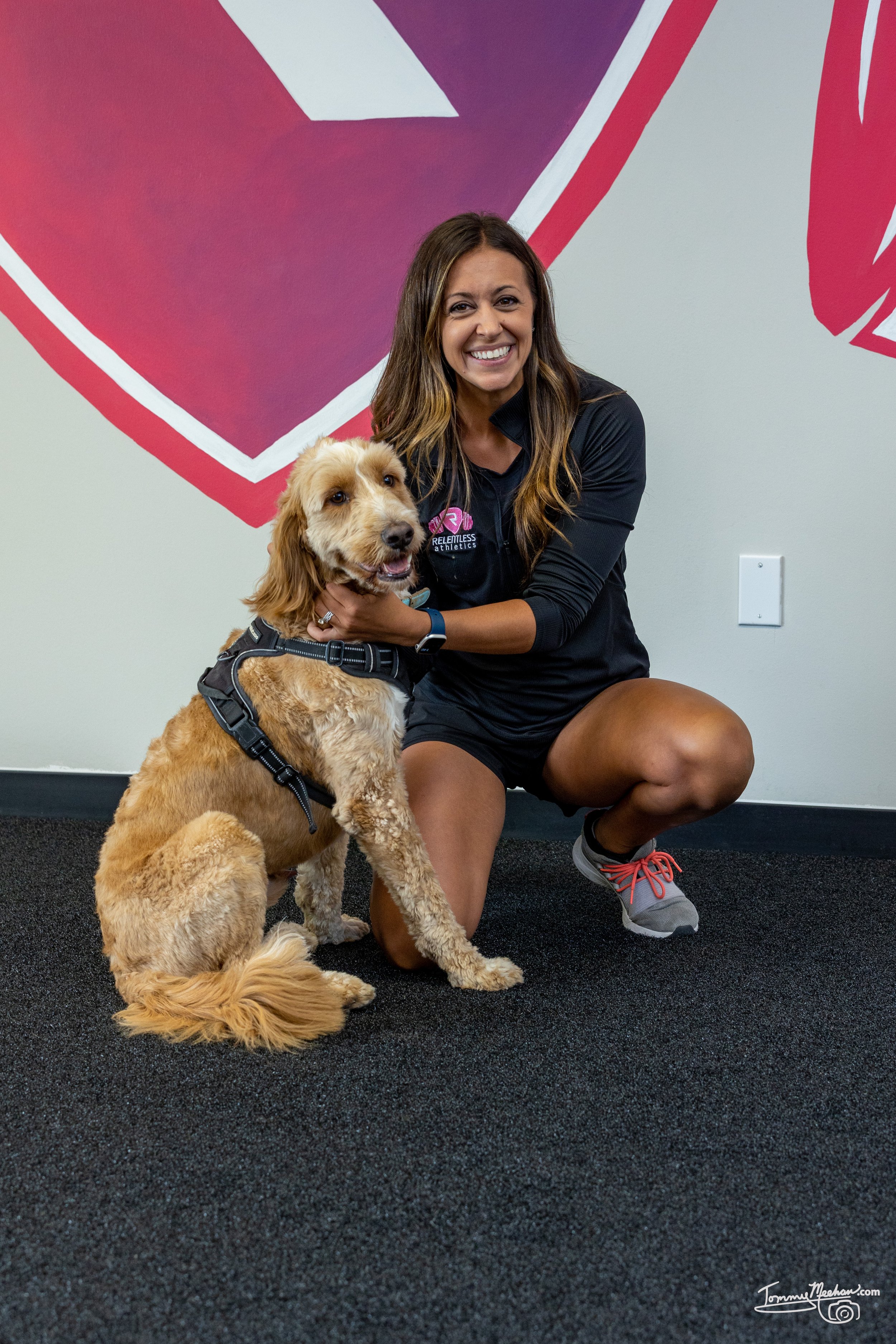Three Reasons Your Daughter Looks Gassed on the Field: The Science of Overcoming Fatigue in Female Athletes
By Emily Neff (Pappas), Ph.D. student
Ever wonder why your daughter seems exhausted on the field despite all her hard work in training?
Many parents ask us to help their daughters improve their conditioning so they can kick harder, sprint faster, or jump higher from the start to the end of their game.
But before we jump into adding more running to her program, we first consider these three other factors that influence gametime performance.
Keep reading to learn the three factors your daughter may look gassed on the field that have nothing to do with her conditioning levels!
1. Poor Pre-Game Nutrition.
The female athlete’s body requires NUTRIENTS for optimal functioning.
Pre-game nutrition plays a pivotal role, akin to fueling a high-performance engine.
Proteins and carbohydrates are essential for sustained energy, with proteins aiding in muscle repair and carbohydrates providing the necessary fuel.
Just like a car needs the right fuel to perform optimally, athletes require a proper balance of high-quality proteins and carbohydrates to ensure sustained energy throughout a game.
Unfortunately, many females are not consuming enough quality carbs and protein before their games, leading to insufficient fuel for their tanks.
(no, a protein bar or a banana are NOT ENOUGH!!)
The absence of these nutrients can lead to decreased energy levels and a compromised ability to maintain peak performance from start to finish.
Not sure what she should eat before a game? Check out this post!
2. Poor Sleep Habits.
In the realm of sports physiology, quality sleep is recognized as a critical factor influencing athletic performance.
During sleep, the body undergoes essential processes such as muscle repair and memory consolidation, including sports skill acquisition!
With so much to fit in for our girls’ jammed-packed schedules, sleep is often the last priority on their list.
But, this is a huge mistake as inadequate sleep has been linked to poor sports performance and increased injury risks.
Adolescent female athletes (<18 years) need at least 8 hours of sleep per night to meet their growth and brain development needs!
Anything less means a greater risk of looking sluggish on the field and getting sidelined from an injury.
3. Poor Intra-Game Hydration.
Hydration is more than a basic requirement; it's a physiological necessity, particularly during intense physical activity.
The scientific understanding of intra-game hydration goes beyond water intake.
The body loses electrolytes, including sodium and potassium, during exercise. Depleting these vital elements can result in fatigue, muscle cramps, and diminished performance.
Scientifically formulated sports drinks containing a balanced mix of electrolytes and carbohydrates are recommended by sports nutritionists to replenish what's lost during training.
Ensuring your water intake, electrolytes, and carbohydrate intake remain constant DURING training >1 hr is essential for sustained energy and enhanced endurance all game long!
Putting it all together.
While physical conditioning is undeniably crucial for athletic success, it's not the only factor contributing to your daughter’s performance on the field.
If your daughter looks gassed on the field, assess what she ate before her game, what her sleep looked like this week, and what she is drinking.
Focusing on these factors can have a HUGE and IMMEDIATE impact on her performance all season long.
Want to learn more? Check out these related articles and videos
ABOUT THE AUTHOR
In 2015 Emily opened Relentless Athletics to build a community for female athletes while educating their parents and coaches on the necessity of strength training and sports nutrition to optimize sports performance and reduce injury risks in the female athlete population.
Emily holds a M.S. in Exercise Physiology from Temple University and a B.S. in Biological Sciences from Drexel University. She is currently pursuing her Ph.D. at Concordia University St. Paul with a research focus on female athletes & the relationship between strength training frequency, ACL injury rates, and menstrual cycle irregularities (RED-s). Through this education, Emily values her ability to coach athletes and develop strength coaches with a perspective that is grounded in biochemistry and human physiology.
When she isn’t on the coaching floor or working in her office, she is at home with her husband Jarrod and their daughter Maya Rose, and, of course, their dog Milo (who has become the mascot of Relentless)!!














